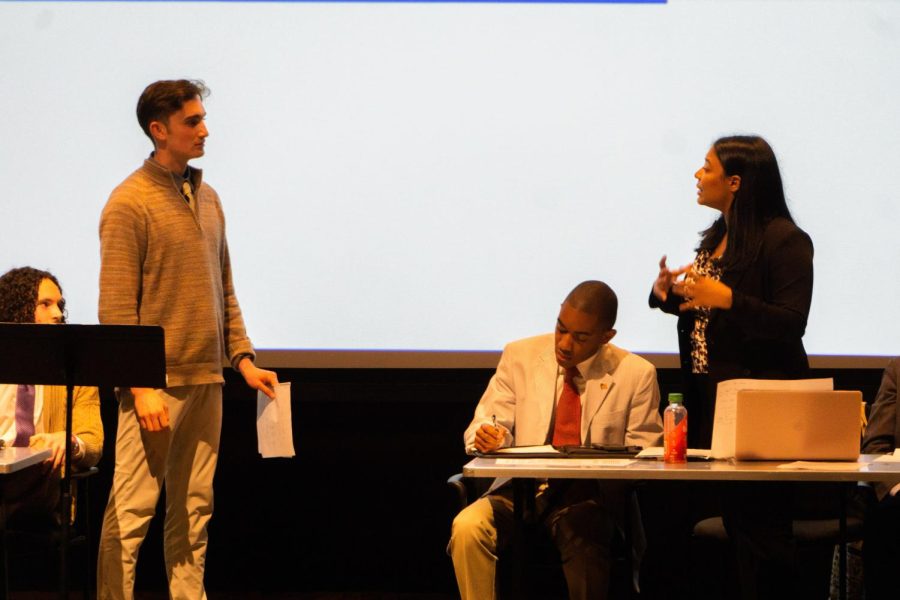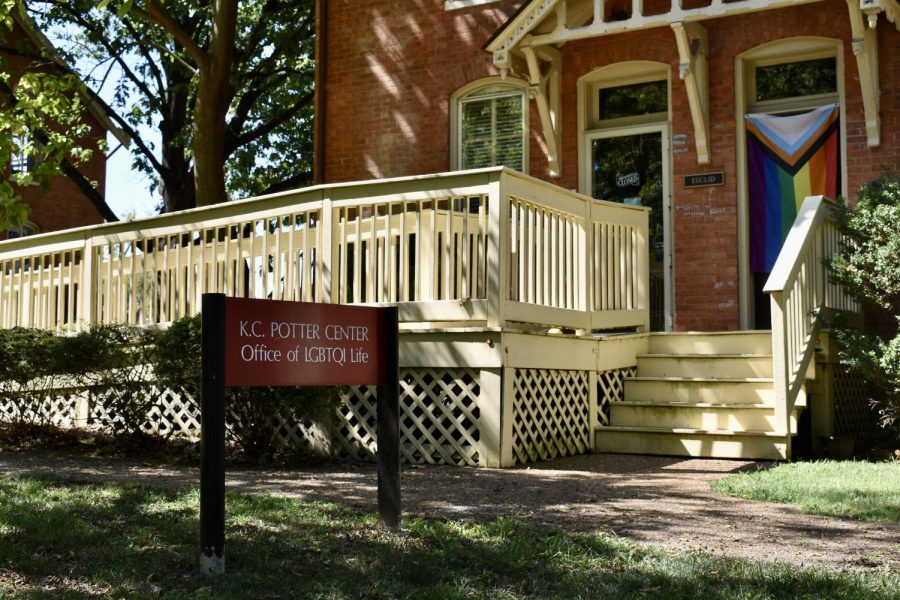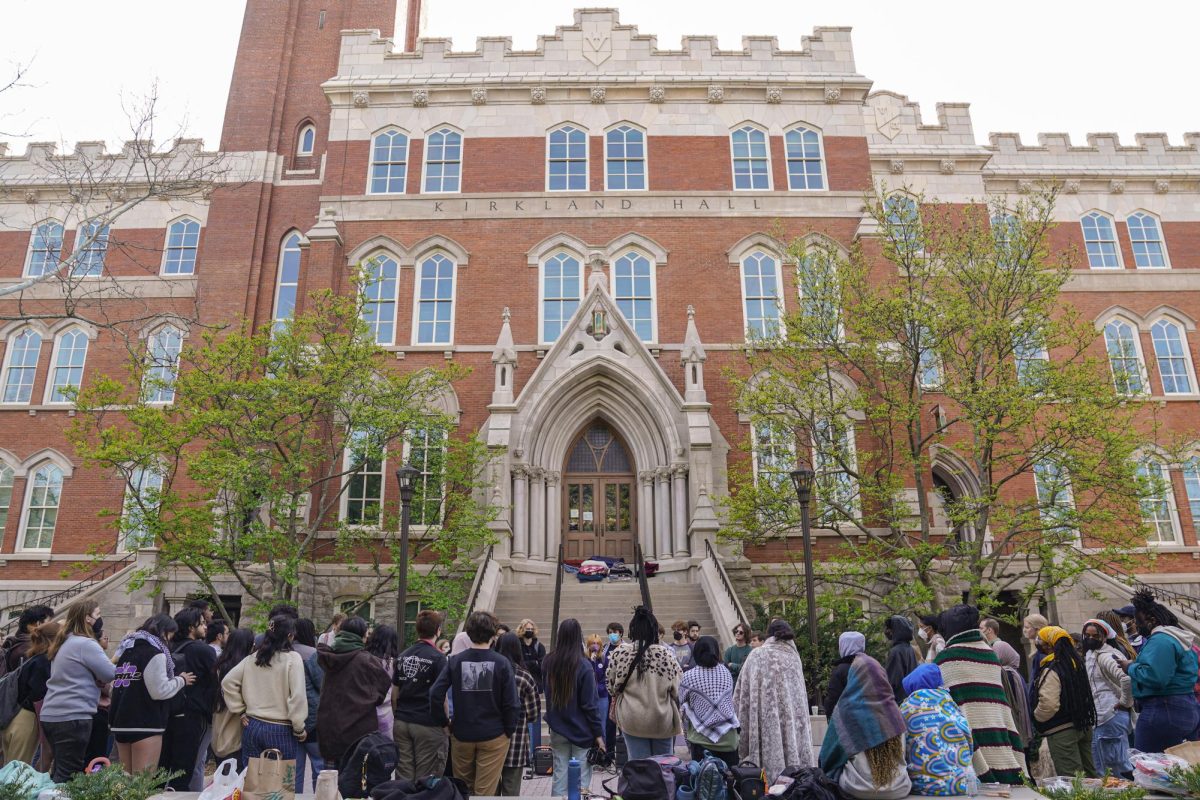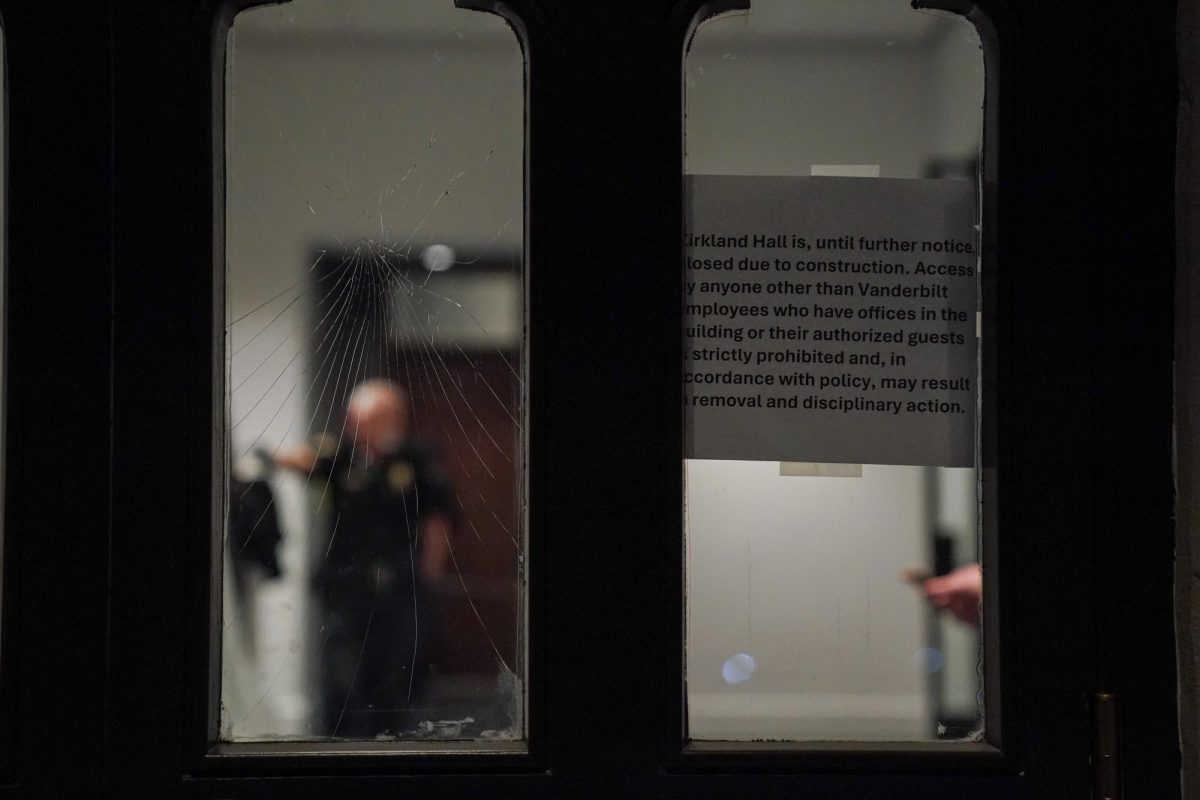Dear Vanderbilt Administrators,
My name is Ari Sasson, and I am a Jewish student from Blue Bell, Pennsylvania. I’m a history and economics double-major and for the past year, I’ve had the privilege to represent the student body as Vanderbilt Student Government vice president. In conversations with a myriad of administrators from Coach Clark Lea to Chancellor Daniel Diermier, I’ve relayed student concerns and advocated for initiatives to benefit the student body. Through these conversations, I’ve learned that administrators do want what is best for us. However, it is clear that Vanderbilt and its administrators lack the tools to respond to some student needs and implement solutions that directly benefit individuals in a timely and authentic manner.
On Monday, Feb. 20, I received an email from Vice Chancellor André Churchwell titled “Tragedy in Los Angeles” addressed to “Vanderbilt Jewish community members.” This email detailed the non-fatal shooting of two men as they left an LA Synagogue and rattled off a list of university resources for students to use in processing this incident. I think I speak for many students in saying that tragedy messages don’t make us feel safer and come off as just another performative measure. But, I guess Vanderbilt is damned if they do and damned if they don’t.
Mass shootings aren’t the only thing on students’ minds. As we live and learn in the Vanderbubble, Tennessee’s political environment is piling pressure on students and threatening our ability to feel welcomed and valued. Tennessee implemented a statewide ban on abortion that took effect on Aug. 25. The recently passed House Bill 9 implicitly seeks to severely restrict “adult cabaret performances,” including “male and female impersonators.” This bill is just one of many that are creating a hostile environment toward LBGTQ+ students and is an attack on their identity and how they choose to express themselves. While this bill doesn’t directly criminalize homosexuality or being transgender, many students and I understand that we are on a slippery slope. Regardless of the university’s “principled neutrality” stance, these laws have restricted the rights of thousands of students and made many of us more anxious about what is to come.
The list of concerns as a college student in Tennessee in 2023 goes on and on. It is impossible to ignore the realities of living and learning in a state that is hostile for many students.
Vanderbilt prides itself in attracting a diverse student body and holding its top spot in national rankings. Unlike our peer institutions, though, we reside in a strongly conservative state. Prospective students will undoubtedly take Tennessee’s politics into account when choosing schools to apply to. If state politics continue to impact students’ personal feelings of belonging, current students may choose to find a new university. I can’t speak for all students, but I can assure you that fewer queer students will want to come to Vanderbilt due to Tennessee’s recent laws. I can assure you that all students prioritize safety and peace of mind.
To Vanderbilt administrators: I’ve worked with many of you this past year. I appreciate your eagerness to hear student concerns, but it is my obligation to push you to do more. I ask you to actively and thoughtfully connect with more students on the individual level and to support student activism and students who want to implement solutions.
I know you care about students, but many students rightfully don’t see the same.
Students don’t feel able to turn to the university for effective support. There must be a personal component to addressing tragedy and student discomfort. The recent Peabody College ChatGPT scandal only shows how ineffective your messages are. While it’s true that we are at the whims of external political and societal forces, there is nothing stopping this university from empowering students to advocate publicly for the change we so desperately seek. Students don’t want messages. We want solutions.
Vanderbilt has immense power and privilege in the state of Tennessee. We are the fourth largest employer in Nashville and have countless influential connections state and nationwide, including four alumni in Tennessee’s state legislature. You are lucky to have an intelligent and fiercely motivated student body. If the university is unwilling to take political stances on issues that directly affect students, I can assure you that students are eager to take those stances themselves. I recommend you implement programs that allow students with political or social ideas to be professionally guided and empowered to move those ideas along and into the Tennessee Capitol. Actively connect students with professors and alumni who are willing to help. Actively support students taking a stance, even if it means you stay true to “principled neutrality.” While a list of hyperlinks and phone numbers at the bottom of emails is surely well-intended, it isn’t enough.
If you’re working behind the scenes to make us safer, please tell us. Be transparent. Please let us help, and give us the resources to do so — the resources that we know you have.
University inaction will make many current students not fully enjoy their time here and will make future students second-guess Vanderbilt. The university is powerful and influential. Use this privilege — and your willing student body — to minimize current and future student concerns. Don’t sit back and wait for the legislature to make moves, only to send a 200-word email about it. If Vanderbilt isn’t willing to forget principled neutrality, create concrete systems that allow your students to advocate for change.













